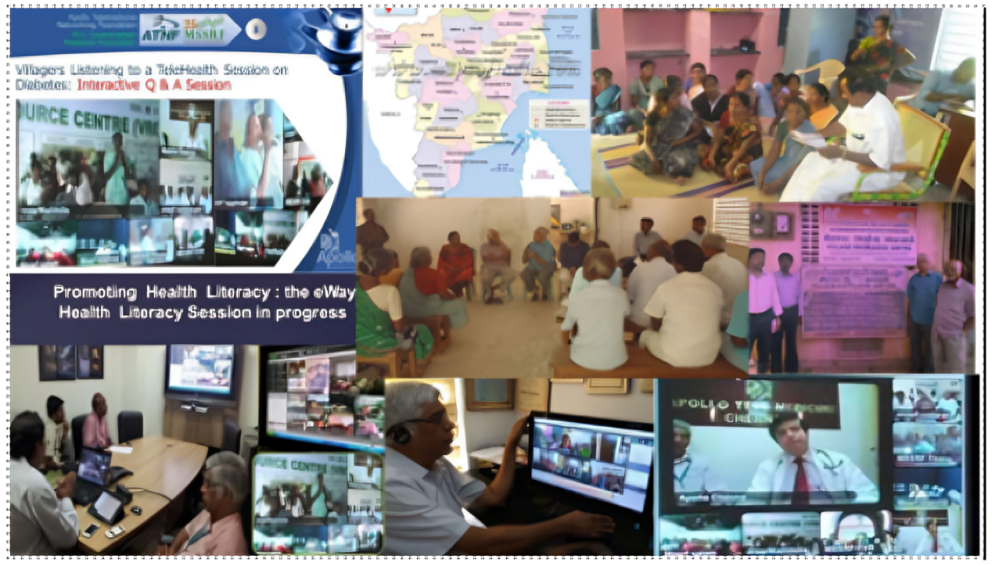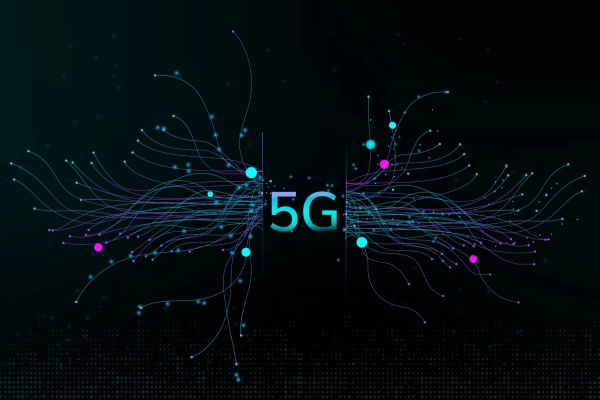Patient Empowerment in the Digital Health Era

After an interaction with Sir Muir Grey, the first Chief Knowledge Officer of the NHS, I had been convinced with his statement “patient empowerment is more important than antibiotics”. On 11th Nov 2013, the South China Morning Post featured my article “Why knowledge is a good thing”
In the above article, I had used as an illustration (given below) one of the hundreds of instances I had encountered, where educating the patient was necessary to help the family make a decision. This was in an era where promoting Health Literacy through digital tools was in an embryonic stage.
“The father was an electrician in Dubai; the mother a housemaid in Dhaka. Their 19-month-old girl had a critically located, malignant brain tumor, pressing on the brain stem, which had produced gross hydrocephalus (fluid in the brain). The fluid had been diverted into the abdomen through a shunt. The shunt had worked too well, resulting in the brain shrinking. This had resulted in a clot between the brain and its coverings. The chubby child was happily playing, totally oblivious to the discussions taking place between her parents and the doctor. Twenty minutes were spent elaborating on the various treatment options available - ranging from complex microsurgery for the tumor, removal of the shunt which had produced the blood clot, ligating the shunt, and even a period of observation while waiting for new clinical signs to develop. Also possible was a combination of the above options at different times. Benefits, limitations of different types of radiotherapy, chemotherapy, looking for tumour markers in spinal fluid in lieu of biopsy, the natural history, mortality, morbidity with multimodality therapy, ultimate possible outcomes, financial implications were all discussed through multi point video conferencing. It was evidence-based medicine at its best. The discussion, based on decades of knowledge and "wisdom", would have elicited kudos in any postgraduate examination. It even took into account socioeconomic factors, parents' wants and desires, quality of life, and so on. To expect the mother to digest and critically evaluate the information provided, and to choose an optimal treatment option, was wishful thinking. “Doctor, you decide” was the simplistic answer. I was Amicus curiae and the Devil’s advocate rolled into one.
Healthcare is not mathematics. It is not black or white. It is various shades of grey. The beneficiary (formally educated or not) should be part of the decision-making process. Using future ready technology does not absolve the healthcare provider from promoting relevant contextual health literacy. Health literacy is the ability to read, understand and act on health care information, to judge, sift and use reliable information, in the context of one's own health. Every patient must understand the full implications of the diagnosis, and treatment plans. Digital health literacy empowers patients to access and understand relevant health information from digital sources. Patient empowerment and digital health literacy are interconnected.
The uninformed patient is a universal phenomenon. For millennia, doctors have been on a lofty pedestal, often taking a "holier than thou" attitude. Knowledge of one's health condition and involvement in the decision-making process is crucial. It is the prerogative of every citizen to know what works for whom, when, where, why and at what cost. If a patient does not understand the full implications of the diagnosis, and importance of prevention and treatment plans, an untoward event may occur. Health illiteracy is often the reason for health disparities.
In 2013, with unbridled enthusiasm, I persuaded a Bharat Ratna and a Padma Vibhushan to let me embark on a technology-enabled knowledge empowerment program. The first session on promoting health literacy for residents of rural Tamil Nadu took place on February 13th, 2013, with the well-known NGO M S Swaminathan Research Foundation. On 22nd February 2018, the 100th talk was delivered in the presence of Lt Prof M S Swaminathan and Dr Prathap Reddy. When this project was conceived, it was hoped that we would be able to get scientific evidence to demonstrate that knowledge empowerment would lead to patient empowerment resulting in significant improvement in healthcare outcomes. Unfortunately, volunteerism can only go so far. The world was also different then. COVID-19 interrupted the programs. I was unable to identify dedicated motivated individuals who would take the onerous responsibility of collecting data in the field. Though some papers were presented and papers published the data was insufficient. Feedback revealed that the villagers were delighted to listen to authenticated information on common health issues, in a language they understood. Over a five-year period about 16,000 attended the programs from 23 villages. If 630 million voters could be reached in 100 days, if there is determination, health literacy can also be promoted with the existing infrastructure.

Composite photos showing knowledge empowerment sessions in 13 villages.
Two illustrations of deployment of Digital Health in patient empowerment.
The Role of the Internet in Knowledge Empowerment
With an 8% YoY growth, India today has about 820 million active internet users, 422 million are from rural areas. People search for healthcare information all the time. The easy access of online health information is shifting the power in physician-patient relationships. With access to more information patients are taking a more active role in health-decision making. In one study from India, 75% of patients interviewed acknowledged accessing health-related information. In 2019, Google's daily health-related searches were 70,000 per minute. With new medical knowledge doubling every 73 days and internet penetration increasing exponentially, this number has likely doubled! The quality and reliability of health information on the net varies greatly. In the next communication, the author will discuss whether the Internet is a bane or a boon in promoting eHealth literacy.
The Role of Chatbots in Promoting Health Literacy
A healthcare chatbot is a sophisticated blend of AI and healthcare expertise, designed to transform patient care and administrative tasks, interacting with users in real-time, through text or voice communication. In the era of LLM and ChatGPT4, a variety of health information should be universally available to anyone, anytime anywhere. Chatbots provide 24/7 access to health information including symptom assessment, supportive information, medication reminders, and appointment scheduling. By leveraging natural language processing (NLP) algorithms, chatbots can understand and interpret patients' queries, offering accurate and tailored responses.
This personalized approach enhances patient satisfaction and encourages proactive engagement. AI-powered chatbots deliver health-related educational content in a user-friendly manner, breaking down complex medical concepts into easy-to-understand engaging formats. Interactive multimedia presentations aid in improving health literacy and comprehension. This empowers making informed decisions promoting adherence to treatment plans and lifestyle modifications. AI-powered chatbots are being integrated with reputable medical databases, clinical guidelines, and peer-reviewed literature. By leveraging trusted sources, chatbots offer evidence-based recommendations empowering the patient with up-to-date knowledge. Clinical effectiveness of chatbots in healthcare is still being established.
It is true that digital health is levelling the playing field. However, no AI enabled humanoid or chatbot alone can transfer customized knowledge to a very tense patient, incapable of objectively weighing pros and cons dispassionately. Knowledge and information provided must be relevant and contextual. Diverse linguistic, socio-economic, and cultural backgrounds add to challenges. There is still a major role for a human using a chatbot to get into the mind of the patient and empower him/her with relevant information. It is a sad day if tomorrow’s digital clinician forgets this.
Stay tuned for more such updates on Digital Health News




















